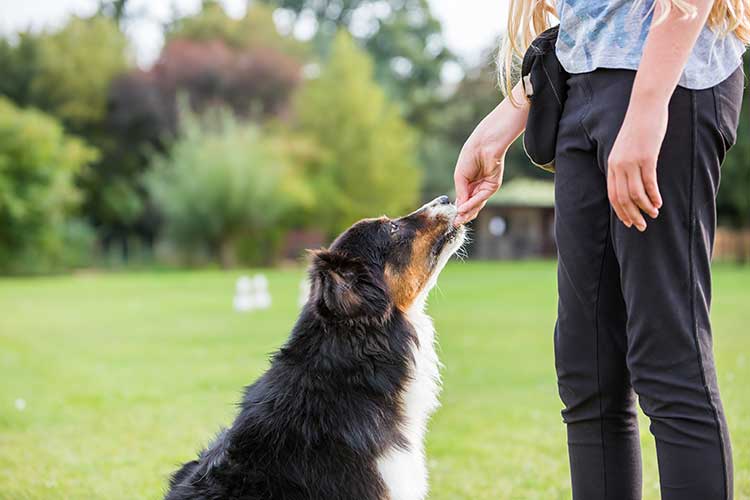
Image Source- Google
Training a new puppy can be both exciting and challenging. One of the most effective ways to train your puppy is through in-person training sessions. In-person training allows you to work directly with a professional trainer who can provide guidance and support as you teach your puppy new skills and behaviors. In this article, we will discuss some effective strategies for in-person puppy schooling that will help you and your furry friend build a strong bond and set a solid foundation for a well-behaved pet.
Setting the Stage for Success
Choose the Right Trainer
- Look for a trainer who uses positive reinforcement techniques.
- Ensure the trainer has experience working with puppies.
- Ask for recommendations from friends, family, or your veterinarian.
Create a Positive Training Environment
- Find a quiet and familiar space for training sessions.
- Use treats and praise to reward good behavior.
- Avoid using punishment or harsh training methods.
Building Basic Skills
Focus on Socialization
- Expose your puppy to a variety of people, animals, and environments.
- Teach your puppy how to interact politely with others.
- Start socialization early to prevent behavior problems later on.
Teach Basic Commands
- Start with simple commands like "sit," "stay," and "come."
- Use consistent cues and rewards to reinforce good behavior.
- Practice commands in different environments to generalize the behavior.
Addressing Behavioral Challenges
Handling Aggression
- Seek the help of a professional trainer if your puppy shows signs of aggression.
- Avoid punishment and instead focus on redirecting the behavior.
- Identify triggers for aggression and work on desensitization techniques.
Potty Training
- Establish a regular potty schedule for your puppy.
- Take your puppy outside after meals, naps, and playtime.
- Use positive reinforcement when your puppy goes potty outside.
Consistency is Key
Follow Through with Training
- Practice training exercises daily to reinforce learning.
- Be patient and consistent in your training approach.
- Reward progress and celebrate small victories along the way.
Communicate Effectively with Your Puppy
- Use clear and consistent cues to communicate with your puppy.
- Pay attention to your puppy's body language and adjust your training accordingly.
- Build a strong bond with your puppy through positive interactions and training sessions.
By following these effective strategies for in-person puppy training, you can help your furry friend become a well-behaved and obedient companion. Remember to be patient, consistent, and always communicate with your puppy in a positive and encouraging manner. With dedication and practice, you and your puppy will build a strong bond and enjoy a happy and fulfilling relationship for years to come.
